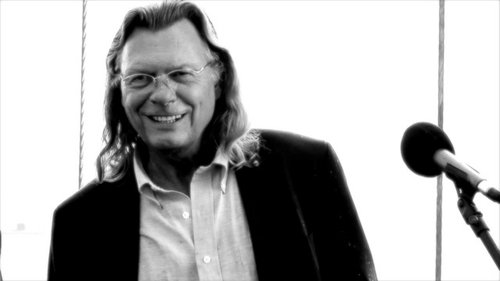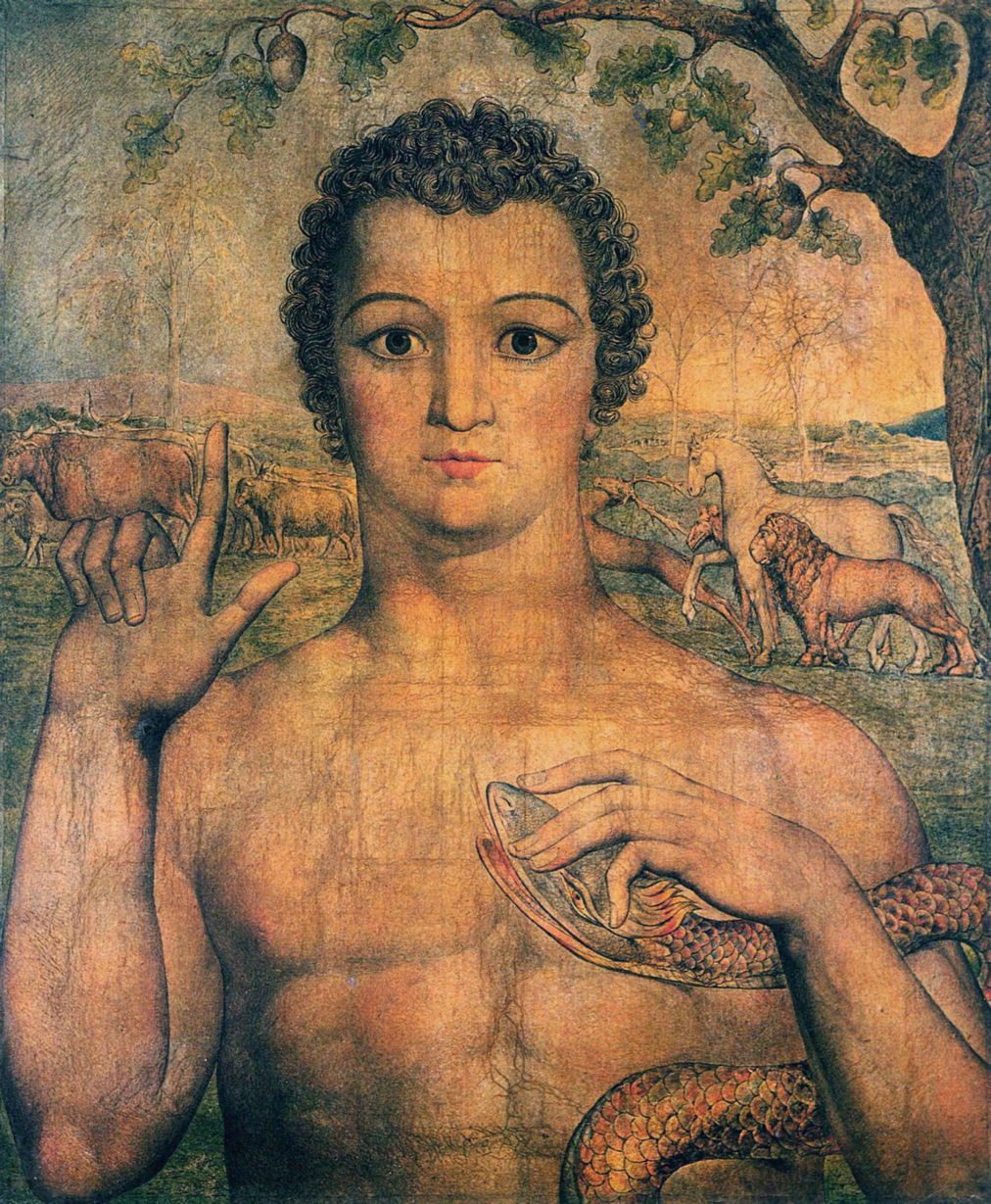I talked to myself about the six interviews with poets posted on my blog in November and December 2017.
Paul: You recently interviewed six poets about their first collections, their background and poetry lives. How did this come about?
Paul: Quite by accident, really. I didn’t set out to interview poets as a regular feature.
Paul: You didn’t?
Paul: No. Basically, I was in touch with Elisabeth Sennitt Clough, having first met her online during the MA at MMU we were both doing. We ran a workshop together in Brussels after her collection ‘Sightings’ came out and I approached her afterwards to do a Q&A around her book, to find out a little more, thinking that it might make for an interesting article for a magazine as a way to draw attention to the collection.
Paul: So why didn’t you print it in a magazine?
Paul: One online poetry magazine said Liz wasn’t established enough [yet! for she is establishing herself fast]. Perhaps an interview with a lesser-known, emerging poet might have opened the floodgates when the magazine already receives so many submissions. Then a print magazine said they it wasn’t really right, and I saw that they didn’t really do interviews.
Paul: So then what?
Paul: I suggested to Liz that we try other established online mags or that we simply put it on my blog, because at least that way we could circulate the interview widely via social media, on Facebook and Twitter, etc.
Paul: And what happened?
Paul: Well, I got so much out of the interview experience – being able to find out more about the poet’s upbringing and way into poetry, asking questions about specific poems and gaining new insights, picking her brain about what to read and consult – that I wanted to do one or two more.
Paul: So who did you approach?
Paul: I looked at the first collections I was currently reading, such as ‘The Knives of Villalejo‘ and ‘Smoothie‘, and approached the poets.
Paul: And how did the poets react?
Paul: Keen, eager, more than up for it.
Paul: But some of the first collections were released last year, 2016, or the year before?
Paul: Indeed. I saw that actually this interview format could be a good way to talk to poets whose collection was hot off the press; or to poets whose book was a few years old and who were working towards a second collection, even on the cusp of publishing it, perhaps to provide an opportunity to go back and examine that first collection with a little bit of distance, give it another plug, draw a little more attention to it before it’s overshadowed or bypassed by the new release.
Paul: How have you been organising the interviews?
Paul: I’ve been scouring my bookshelves for first collections, and ones I want to know more about. It’s been a chance to go back to books and re-read them. So far I’ve just been contacting poets on a rolling basis a week or so before I publish the interview, in the hope that their schedule allows them the time to answer. I tried to keep up the momentum so that there would be one new interview each weekend.
Paul: Is this how you will continue?
Paul: I hope to do more interviews, maintaining the once a week publication rate, but having two or three in store, to provide a little leeway. I don’t think this way of operating is sustainable, just winging it and hoping for a weekly turnaround.
Paul: How long do the interviews take to do?
Paul: About eight hours: two or three hours to read or re-read the collections and come up with questions; an hour or so of correspondence with the poet; then editing the answers, collecting and inserting photos, and hyperlinks, takes about three hours; and finally, an hour in dribs and drabs promoting the interview on social media.
Paul: Aren’t the interviews a bit long?
Paul: They are long, I agree, and they have got longer. But some poets, like Robert Peake, for example, are so active in poetry that they have so much to talk about. And with David Tait, I could have asked a hundred questions about China. But the online format means there isn’t the word restriction of the page. So I see the interviews as something you can read a little of, and then go back to. I hope they will serve as a resource for readers of poetry, to discover poets and their books, but also to follow up on the go-tos that the poets mention. The interviews should serve in the circulation of ideas, on poetry and on the poem.
Paul: You use a lot of photos: why?
Paul: To get to know the poet beyond the stock photos and the official author photo. Some poets even included photos from childhood, which really makes the interview intimate and a celebration of how life makes you a poet, brings you to poetry. I remember learning languages, reading interviews with celebrities in magazines like ‘Paris March’ and ‘Hola!’ packed with questions and photos – the two seem to work together – and like white space for a poem, the images help break up the text, give the reader a chance to breathe.
Paul: Have you adopted your own interview format?
Paul: I structured the first interview in three parts. The law of threes. Three key sections: the poet, the book, and poetry life. That’s has stuck as an organising principle. I try to keep it alternated between men and women poets, and I want to include the widest range of publishers possible.
Paul: Will you stick with one interview a week?
Paul: I think I’ll try for six interviews in six weeks and then a one week break (or two) – a ‘reading week’ if you like – a chance for me and other readers to digest and recap.
Paul: What have you discovered, as a result of the interviews?
Paul: I really need more time out to follow up on all the leads, recommendations, tips and suggestions. The interviews are so rich, packed with poems and poets I wanted to follow up on. I was very intrigued by Robert Peake’s fascination with Blake and the day I posted the interview I came across a wonderful volume on Blake (Norton’s ‘Blake’s Poetry and Designs edited by Mary Lynn Johnson and John E. Grant from 1979), complete with coloured plate ‘illuminations’, in the Nijinski second-hand bookshop, so that’s on the top of my list, as well as Robert’s and suggestions of US poetry magazines. There are lots of great recommendations from all six poets.

Paul: What has the feedback from poets and readers been so far?
Paul: Very encouraging.
Elisabeth Sennitt Clough has been on an Arvon week aimed at poets working on second collections (run by W N Herbert, Kim Moore, Tara Bergin). She tells me the week was really fruitful and made her reconsider her whole approach to writing poetry.
Matthew Stewart tells me he’s been ‘linking to it in e-mails to old friends and teachers because it sums up much of what’s happened in my life over the last few years.’ He’s currently working on an e-book of prose (essays, critical pieces, etc) that’s been proposed to him by a publisher.
Claudine Toutoungi said she liked the interview experience and knew that her publisher, Carcanet, enjoyed reading it. She has since had a couple of very good reviews, including in Poetry Review. In terms of writing, she is following up on a project related to the wonderful US poet Thomas Lux (I saw him read at the Aldeburgh Poetry Festival in 2014) who died earlier this year, in February 2017. She is also busy adapting a French thriller for BBC Radio 4.

Robert Peake said that ‘relatives in distant places have mentioned to me that they felt they got to know me a bit better through reading it. That was a pleasant surprise.’ He’s busy judging the Ver Poets ten-liner competition, a thick stack of entries.
Rebecca Watts has been busy preparing for the course on retropoetics she’s teaching in the Spring 2018 term for The Poetry School, and she read Lincoln in the Bardo by George Saunders, which she found ‘rip-roaringly brilliant and disturbing.
David Tait said that the main comment people had was that ‘I come across as quite funny, and as though I don’t take myself seriously like they expect as poet might – so that was interesting!’ With the new book coming out soon he’s in a ‘strange zone’, having not written anything for a few months and envisaging that he won’t write for a while still. Meanwhile, he’s been developing some training sessions for teaching Chinese students in creative writing exercises. He’ll be travelling to teaching forums in Shenzhen and Guangzhou in January.
Paul: How many people viewed your blog?
Paul: I don’t have a huge following, having never really known how to develop the site. The last interview had about 320 views over three days, which represents about 160 people, as it’s roughly two views per person. That’s not bad, especially if it leads to a few book sales for the poets and I did see a couple of people stating that they would now buy the book as a result of hearing more from the poet. Visitors from all over the world: Europe, America, China, India, etc. Much of the readership is driven by Facebook, and also Twitter, but depends on poets sharing the link. I hope as I do more interviews and a few visitors sign up to follow the blog that the numbers will increase, and that new readers will go back and read some of the earlier interviews, follow up the various links…
Paul: Are there questions you should have asked?
Paul: I asked so many! But I learned from talking to the poets that they all had very different levels of engagement with social media. I had taken it for read that we need to all be active online but I don’t think this is necessarily the case. We can see that some of our most established UK poets are invisible or inactive on social media. Is this because their publishers do enough to promote their work already? Or because they are already such a household name that constant online presence is not required? Or because they are of an ‘older generation’? But back to the six poets, yes, perhaps I could have asked them more about their ongoing relationship with social media – including blogs such as these! I see how Facebook stimulates networks, threads and dialogue, but perhaps they identify other opportunities? Nonetheless, do poets feel pressured to be on social media? Is it more than marketing? What is the position of their publishers? Can we be ‘successful’ without it? How much is enough?
Paul: Who are you interviewing next?
Paul: I have a handful of excellent poets who have agreed to be interviewed but I have drawn up a long list of potentials, people I’d love to chat with and find out more. I won’t give names as I prefer for each one to be a surprise.
Paul: Are you open to suggestions, or up for poets contacting you to be interviewed?
Paul: Yes, totally, but for the time being I want to keep the focus on first collections, including poets soon to publish a second. Do contact me via twitter (@stephenson_pj).













Leave a comment